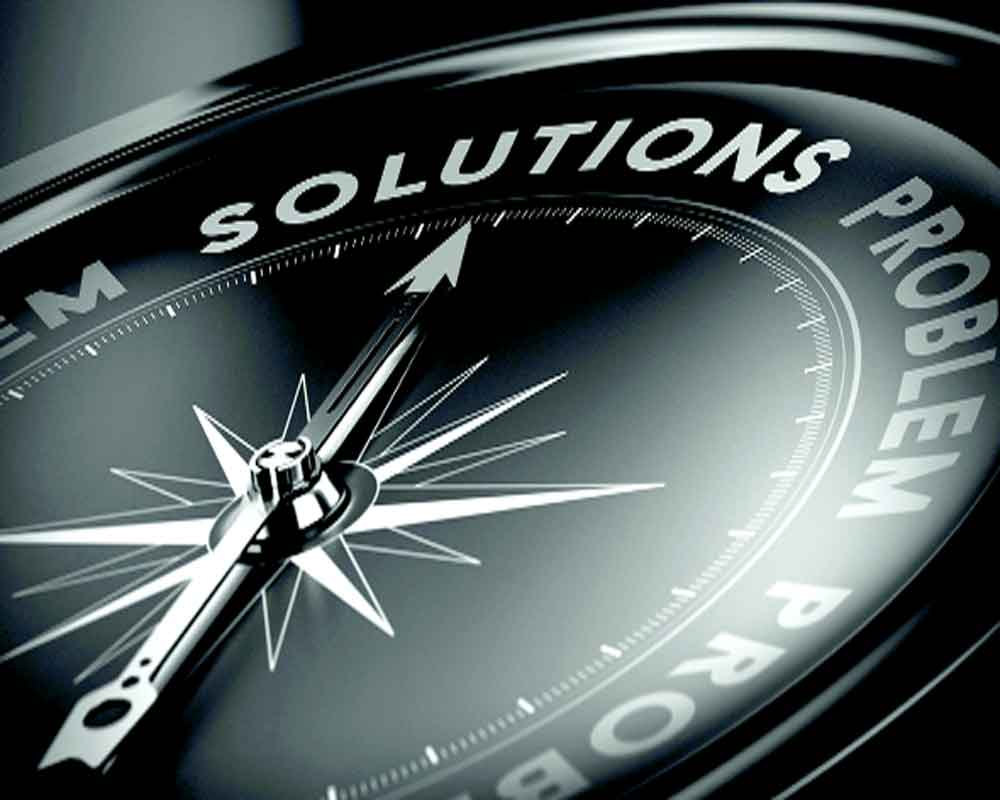It is a practice one can learn by acquiring maturity
Defining ethics has never been easy. Understanding it has been even more difficult. And practicing it is a job few will be able to carry out. Yet, it is a subject on which society always debates.
The term, which originated from philosophy, has today become a part of several disciplines and is an important area of study in management theory and practice. This is the reason why the word ethics has acquired several connotations. When it comes to the essence, ethics still remains the science of right and wrong. But essentially it is a practice.
Right and wrong often do not have a clear-cut boundary. It depends on the actor or the observer. How the act or conduct is interpreted. The same act may be interpreted differently by different people. Many times, the same act may be construed differently by the same individual under different conditions.
Theoretical ethics, then, is not always a complete guide to ethical conduct. Time and space, society and culture, religion and country have their own ways to explain what is ethical and what is not. Obviously, because a wide range of determinants go into qualifying an act or behaviour as ethical or unethical.
Over the ages, the Indian philosophical approach to ethics from Satyug through Treta and Dwapar to Kalyug, i.e., the present times, has metamorphosed considerably, inviting critical opinion and conflicting views. And rightly so, because human beings have their own touchstone in the form of ego that drives logic. And this often clouds the concept of ethics.
The Western idea of ethics is equally fluid, and there are many views and approaches towards understanding the concept and practice of ethics. However, amid all this the important point to note is that despite the so many approaches and stances one can still make out whether an act or conduct is ethical or not, the three critical qualifying attributes being intent, outcome and situation, in the same order of priority. Intent is certainly the most crucial one.
The universal element of what is ethical and what is not, thus, depends to the maximum extent on intent. Another important dimension of ethics is that it is a practice one can learn by acquiring maturity of mind and sensitivity of heart.
The common understanding of an ethical behaviour is that it is something which is beyond the ambit of the ordinary or the mundane and is laced in spirituality, religion and renunciation. But the truth is that ethics can be practiced in day to day life and without much hassle, the best guide being the voice of conscience.
To believe that pays to be good. But goodness has to be defined objectively. Ethics is something that needs to be understood, practiced and carried out on a regular basis. It is the Dharma, one’s duty in a given situation, the right action or conduct. It is not about religiosity, but about doing the right things religiously, with purity of intent.
While actions on their own may appear right or wrong to an external observer, it is what goes in the mind of the actor that will determine the ethicality.
The outcome of the act is not the sole determinant. In one word, it is the conscientiousness that is the final arbiter. This is the reason why even the actions of Gods are interpreted differently. Lord Ram’s killing of Bali or Lord Krishna’s actions in Mahabharata war can all be open to interpretation. Ethics is not something that can be seen in black and white.
(The author is a former Professor of Management, IIT (ISM), Dhanbad, and Founder, The Goodness Movement & Kaizen Mantra.)


























